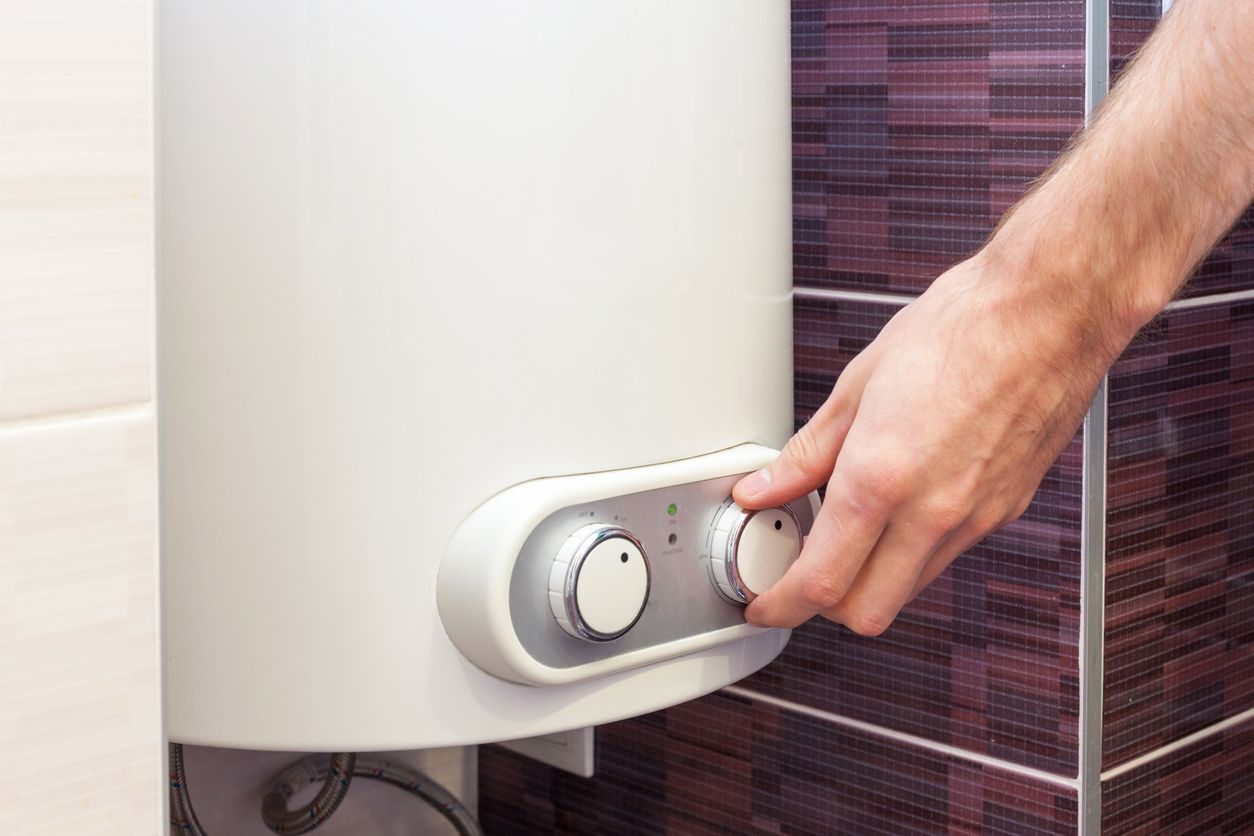Handling the Frequently Arising Water Heater Urgent Problems
Handling the Frequently Arising Water Heater Urgent Problems
Blog Article
Everyone seems to have their private thinking in relation to Is Your Water Heater Leaking?.

A hot water heater is among one of the most important standard appliances that can be found in a home. With water heaters, you don't require to undergo the stress of home heating water manually every time there is a need to take a bath, wash, or the dishes. Nevertheless, there is constantly an opportunity that your water heater would certainly act up as with most mechanical devices.
It is essential to keep in mind any kind of little breakdown and tackle it rapidly before points leave hand. Many times, your hot water heater begins to malfunction when there is a build-up of debris as a result of continuous usage. As a safety measure, regular flushing of your water heater is suggested to stop debris buildup as well as avoid useful failure.
Typical hot water heater emergencies as well as how to manage them
Leaky water heater tank.
In this situation, you ought to turn off your water heating unit, permit it to cool down, and also meticulously look for the resource of the trouble. At times, all you require to do is to tighten up a couple of screws or pipeline links in situations of minor leaks. If this doesn't work and the leakage continues, you might require to utilize the services of a professional for an appropriate replacement.
Changing water temperature level.
Your water heating unit can start generating water of different temperature levels typically ice cool or scalding warm. There could be a need to replace either the home heating or the thermostat device of your water heater.
Too little hot water
It may be that the water heater can not support the hot water need for your house. You can upgrade your water heater to one with a bigger capacity.
Stained or odiferous water
When this takes place, you require to know if the issue is from the container or the water resource. If there is no funny smell when you run cold water, then you are specific that it is your water heating system that is faulty. The stinky water can be caused by rust or the buildup of bacteria or sediments in the water heating system tank.
Conclusion
Some property owners disregard little warning and minor faults in their water heater unit. This just causes additional damage and a feasible total break down of your appliance. You should manage your water heater faults as soon as they come near prevent more expenditures and also unnecessary emergency troubles.
With water heating systems, you do not require to go with the stress of home heating water manually every time there is a demand to take a bath, do the laundry, or the recipes. Your water heating unit can begin producing water of various temperatures usually ice chilly or scalding warm. It might be that the water heater can not support the warm water demand for your apartment. If there is no funny odor when you run chilly water, then you are particular that it is your water heating system that is faulty. The stinky water can be caused by rust or the buildup of microorganisms or debris in the water heating system storage tank.
Common Water Heater Issues and What You Should Do
What Type of Water Heater Do You Have?
Before we begin it’s first important that you identify the type of water heater you have on your property. There are two main types of water heaters out there: conventional and high efficiency.
Both of these types of products typically use either gas or electricity to heat power. There are also solar water heaters that use a thermal collector on the roof or yard to heat the water.
While these models are not as common, they can cut heating costs in half. In this article, we will focus on conventional and high efficiency.
How Do My Electric and Gas Water Heater Work?
Though they look similar, electric and gas water heaters work very differently. It’s important to know their basic function because often problems can be specific to the heating source.
In the electric model, a thermostat on the side of the machine detects the temperature of the water in the tank. When the temperature needs to rise electricity flows to a heating element suspended in the water.
Gas models also use a thermostat device — typically with a mercury sensor at the tip and an additional sensor called a thermocouple. The thermocouple detects whether the pilot light is on and controls the flow of gas.
When the thermostat drops below the appropriate level gas is released which becomes ignited by the pilot light. The flame heats the bottom of the water tank which causes hot water to rise and cold water to drop.
This natural circulation continues until the water reaches the desired temperature. Then, the thermostat triggers the gas control valve to shut off the flow of gas.
What Are the Most Common Issues and How Do You Fix Them?
https://happyhiller.com/blog/common-water-heater-issues-and-what-you-should-do/

As a person who reads about Is Your Water Heater Leaking?, I imagined sharing that short article was smart. If you please take the opportunity to promote this write-up if you enjoyed it. I thank you for reading our article about Common Hot Water Heater Problems.
Quick fix? Dial! Report this page